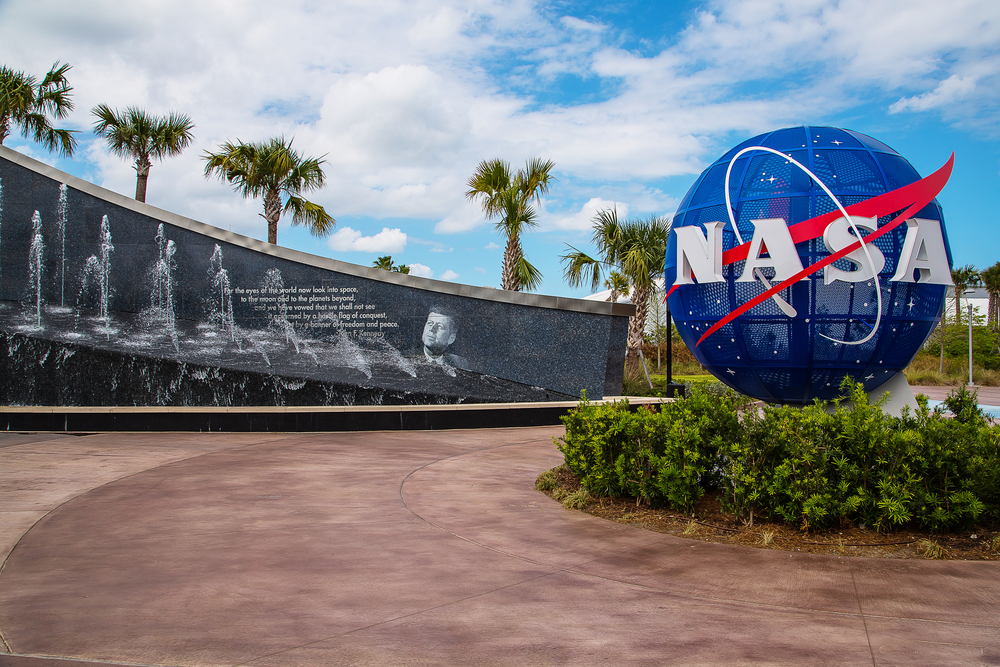
The renowned National Aeronautics and Space Administration (NASA) in the United States has just named a newly discovered minor planet after a Saudi student based in the US. According to various reports, Faisal Aldossary – who is a first year University of California, Berkeley student and a preliminary student at Shanghai Stem Cloud Center, China – has become the third Saudi Arabian national to have his name given to a minor planet.
Before him was Fatima Al-Sheikh, who was honored in 2017 for her research entitled “Determining The Effect Of The Novel Carl 2 Strigolactone Analog On The Seed Germination of Parasitic Weeds,” and Abdul Jabbar Al-Hamoud, who was honored in 2016 for his botany-related experiment that as he explained “uses an anti-virus against harmful and toxic chemicals and enzymes that result from genetic engineering.”
@NASA named a newly discovered minor asteroid after a #Saudi talented student Faisal Aldossary.
— Salam (@Salam4CC) 10 avril 2019
He is the third Saudi to have his name given to a minor planet following Abduljabbar Al-Houmoud in 2016 and Fatima Al-Sheikh in 2017. #SaudiArabia #NASA pic.twitter.com/Ysbl63rRyq
As reported by Saudi Gazette, this honor given to Aldossary is usually given to students in recognition of their work at the Intel International Exhibit for Science and Engineering Fair (Intel SEF). The young student’s honor is due to scientific breakthroughs in his research on fabricating botanical hormones for agricultural applications. Based on this, the newly discovered planet has been named Aldossary 34559.
Intel SEF is the world’s largest international pre-college science competition. According to its website, more than 7 million high school students around the globe develop original research projects every year and present their work at local science competitions with the hope of making it to Intel SEF. Hundreds of winners of local, regional, state, and national competitions are invited to participate in Intel SEF’s week-long celebration of science, technology, engineering, and math, to share ideas, showcase research, and compete for more than USD 4 million in awards and scholarships.

















